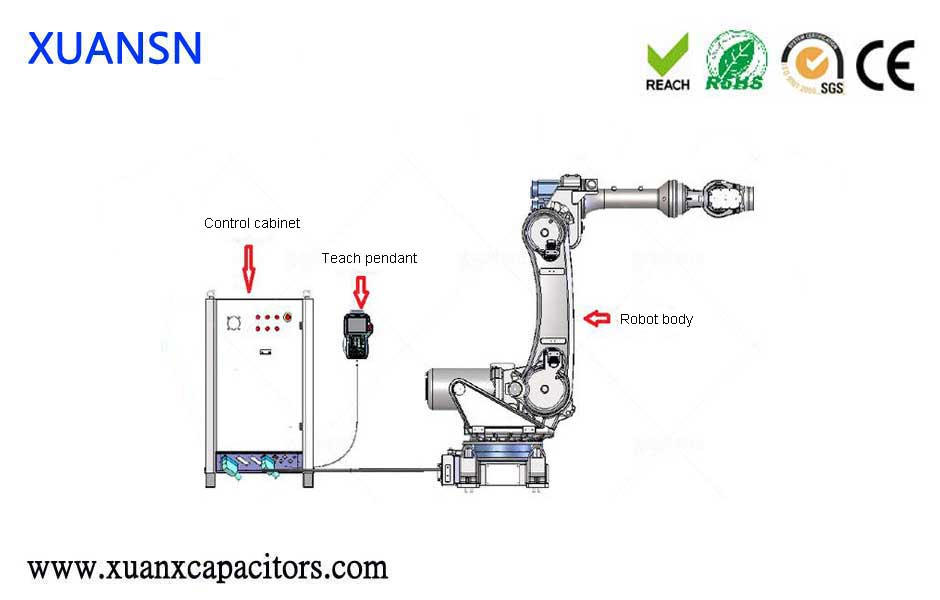Recently, at the 2020 New Urbanization Industry (Economy) Forum, Li Meng, a researcher at the Chinese Academy of Social Sciences and the Shanghai Research Institute of the Shanghai Municipal People’s Government, expressed his views on the development trend of China’s cultural tourism industry and the role of digital transformation in it.
Li Meng said that due to the impact of the new crown pneumonia epidemic, the income of international tourism has fallen by almost US$1 trillion so far. The most optimistic estimate is that by 2021, the international tourism market will slowly open up for cross-border tourism. The situation directly affects Chinese companies with a large number of overseas operations.
“The epidemic has also caused major changes to the three levels of the cultural and tourism industry at the same time as the production, supply, and consumption. The cultural and tourism consumption needs are smarter, more convenient, and greener, and pay more attention to emotional exchanges in tourism activities.” Li Meng said, The tourism industry itself has the gene of openness to serve people’s circulation and communication, and has the attributes of a happy industry that serves people’s life quality improvement services. This double cycle that we are talking about now has natural advantages for both internal and external opening up. In the era of the new development pattern, there should be more interpretations and excavations, so that the right to speak in our cultural tourism industry may be improved at a higher level.
In this regard, Li Meng believes that it is necessary to promote the innovation and digital transformation of the cultural and tourism industry and increase digital investment. Digitalization does not just refer to technology. Technology cannot solve everything. The essence of industrial innovation is technological innovation, institutional innovation and model innovation. At least the trinity is integrated. Innovation in the cultural and tourism industry does not just stop at the industry.




